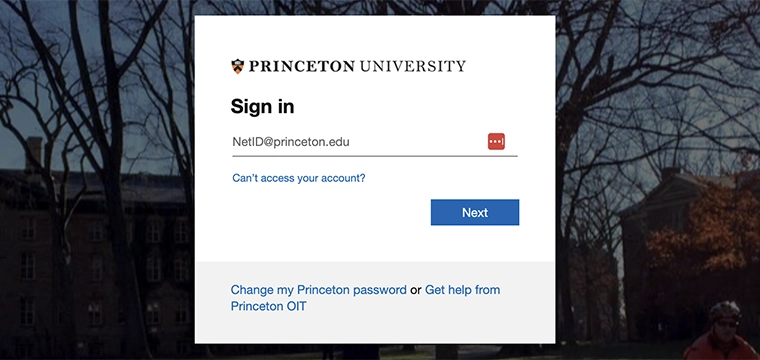Card program and auxiliary services lead explains why magstripe remains their best option
Palm Beach State College’s campus card office has opted to forego mobile credentials and stick with their longtime magstripe cards. While the decision may seem unusual to some, Jessica Bender, the college’s auxiliary services manager, explains to CampusIDNews the rationale and the research that went into it.
With a student population of 40,000, the college would face significant costs in transitioning to mobile, including annual licensing fees of $2 to $5 per credential. This compares to a onetime cost of just 25 cents per magstripe card.
She emphasizes that as a commuter-based community college, students don’t use their ID cards daily.
I don't think our students suffer by us not going mobile. As a community college, I'm not sure that they even know about it.
Most ID usage is tied to periodic events such as printing, financial aid transactions at the bookstore, or accessing the wellness center. They don’t have door access or meal plans that typically justify mobile adoption.
The average student age is between 23 and 26, and most live in the surrounding community.
If the college expands door access requirements to all students, the cost-benefit equation could shift. Then, Bender says, they would be open to reconsidering the decision.
She stresses that implementing mobile credentials should not be driven by trends. Incorporate careful evaluation of infrastructure, budget models, and long-term costs – including lost revenue from card replacements.
To watch the full interview, click the image at the top of this page.
Transcript
Our college has decided right now not to go mobile. One of the reasons is we're a very large community college and our use case doesn't really lend itself to mobile.
We have about 40,000 students, and we're still using magstripe cards. The cost is 25 cents a card.
To move to the mobile is a huge cost. We're carding 40,000 students. You have $2 to $5 annual cost per mobile.
We're not doing door access. We're not doing meal plans. We're doing mostly just stored value. So, for now, the magstripe works for us. That's why we decided no mobile for now.
I don't think our students suffer by us not going mobile.
Being a community college, I'm not sure that our students even know about it.
I hear the story that mobile makes the student decide whether they go to college A or college B. It gets a little bit different in the community college market because students stay near home to go to college.
Our students are not 18 to 21-year-olds. They're 23 to 26-year-old average.
I don't think that our students are suffering because we haven't gone mobile.
As a community college, we are all commuters, meaning we don’t have the residence halls so students don't need their card every day.
You know, I hear universities say that's why they found mobile because students always have their phone.
At a community college, the things students need their card for like printing, so you're not doing that every day. Financial aid at the bookstore, that's a semester thing. They want to maybe go to wellness center, so they need their card for that.
But it's not like a residential campus where you constantly need to present the credential.
I think that you really have to look at your use case to see if that makes sense.
That's funny that you should bring up when we might consider mobile. I was just in a meeting last week and we're slowly moving towards door access for our academic buildings. I was told by our chief safety officer that her goal is to have everything locked down 24x7.
And what that would mean would be someone would have to have a credential to present to get into buildings.
Right now we are using a MIFARE card for certain staff to have a limited amount of door access. But if you turned around and told me that from now on, every student was going to need to get that MIFARE card, so now you're at that same kind of price point at $5.
If that's where we get to, then I would say at that point that would change the conversation. Because you can save some costs by eliminating printers, eliminating staff at the printing locations, and still, you're going to be spending $5 on a MIFARE card. So I could spend $2 to $5 on the licensing for the mobile.
I just think when making a decision about mobile, it's a case by case decision and every school is going to be different.
I think some schools went with it because it was the cool, shiny thing to do, but I think you have to think about it.
Coming to things like NACCU and reading up on the industry, can help you understand all the costs involved.
Yes, the shiny new thing, but what I didn't know until I talked to a school that went mobile is it's an ongoing annual cost.
You have to have the infrastructure and the budget model to support that, and then you lose some income.
You lose your replacement fees and things like that, so you really need to make an informed decision and get all the facts before you decide, well, I'm going to do the shiny thing by going mobile.




